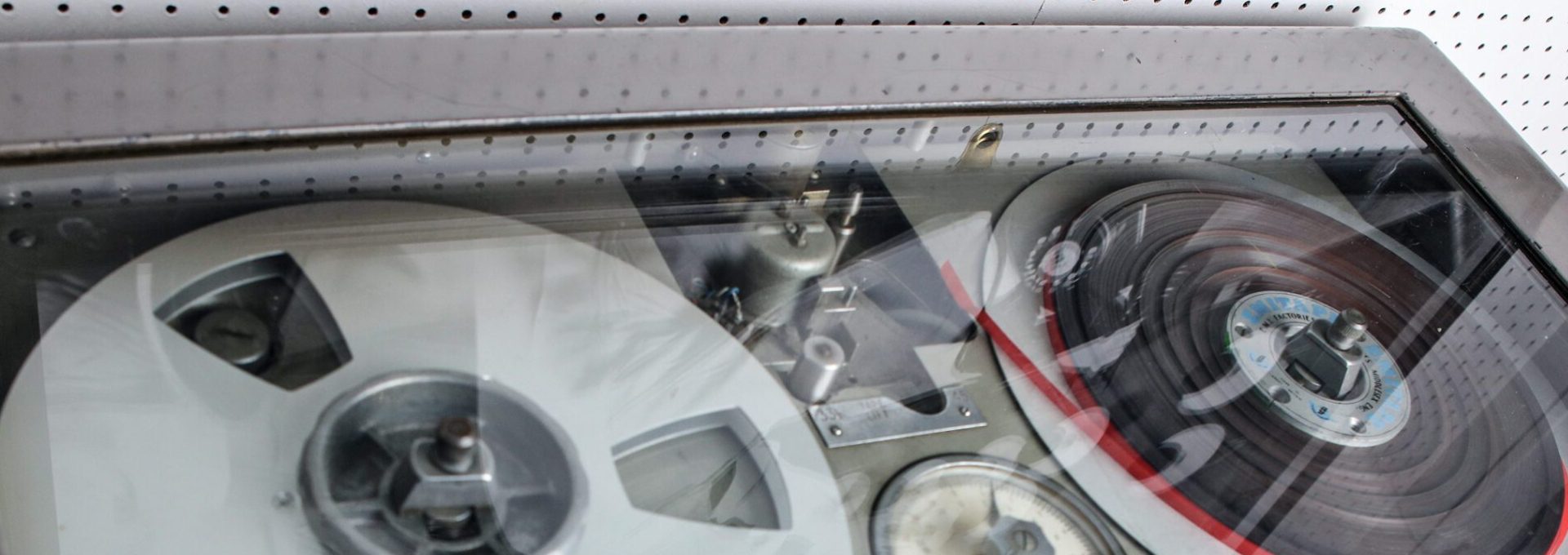The Beatles are undoubtedly one of the most influential bands in history. They have inspired many rock and pop acts, but some of their influences are found in more unexpected places. One of these is hip-hop, a musical style that didn’t even exist during The Beatles’ era! When hip-hop emerged from the disco and funk scenes of the late 1970s, few could have predicted how deeply it would evolve, or how wide-ranging its inspirations would become.
Sampling and Interpolations
In popular music and especially hip-hop, sampling is the taking of a portion of a pre-existing track and reusing it in a new song, whether it be a drumbeat, a vocal line, or guitar riff. Some famous examples include “Gangsta’s Paradise” by Coolio which sampled “Pastime Paradise” by Stevie Wonder (1976); and Madonna’s “Hung Up” (2005), which sampled the strings on “Gimme, Gimme, Gimme (A Man After Midnight)” by ABBA (1979).
Interpolation, on the other hand, is when an artist recreates or re-records a melody or lyric from an existing song rather than directly sampling the original audio. For example, if you sing the tune to a popular song but change the lyrics, you have created an interpolation.
While The Beatles’ strict licensing has made it difficult to sample them directly, that didn’t stop artists from finding creative ways to bring their music into hip-hop. Let’s take a look at some notable examples.
Beastie Boys – “The Sounds of Science” (1989)
The pioneering trio from New York have always embraced their rock roots as a punk band who evolved into hip-hop. They fully embraced genre-blending on their groundbreaking 1989 album Paul’s Boutique, which famously sampled over 100 songs. Dubbed “the Sgt. Pepper’s of hip-hop” by Rolling Stone, the album boldly sampled five Beatles tracks on “The Sounds of Science,” including guitar from “The End,” drums from “Sgt. Pepper’s (Reprise),” and more. When asked about potential legal backlash, member Mike D quipped, “What’s cooler than getting sued by the Beatles?”
On “The Sounds of Science”, you’ll hear “Back in the U.S.S.R.” (0:01), “When I’m Sixty-Four” (0:08), “Sgt. Pepper’s Lonely Hearts Club Band” (1:12) and the Reprise (1:48), and “The End” (2:00 and 2:30).
A Tribe Called Quest – “Luck of Lucien” (1990)
Legendary jazz-rap group A Tribe Called Quest sampled the intro to “All You Need Is Love” in their effortlessly groovy track “Luck of Lucien.” The Beatles’ inclusion was likely intentional, as the sampled portion is actually a snippet of the French national anthem, “La Marseillaise.” Given that the song is a tribute to Lucien Revolucien, a French hip-hop artist active in the ’90s, the choice creates a subtle and clever connection.
You’ll hear the familiar intro at 0:01, sped up two semitones!
Frank Ocean – “White Ferrari” (2016)
Singer-songwriter and rapper Frank Ocean is renowned for blending neo-soul and R&B into a sound that is emotionally rich and introspective. On his critically acclaimed album Blond, he interpolates The Beatles’ “Here, There and Everywhere” in the track “White Ferrari,” singing the line “spending each day of the year.” While preserving the original melody, Ocean subverts The Beatles’ romantic idealism, infusing it with a sense of heartbreak and emotional fragility. Ocean later revealed in interviews how The Beatles “almost single-handedly got me out writer’s block” during the creative process, and Lennon and McCartney were credited as songwriters on “White Ferrari”.
References
The lasting impact of The Beatles on popular culture has allowed them to become frequent lyrical references in rap music, often using them as a metaphor for success, fame, or cultural dominance.
Rae Sremmurd – “Black Beatles”(2016)
This no. 1 hit by hip-hop duo Rae Sremmurd is a tribute to the band as a comparison to the hip-hop duo as rockstars, including lyrics like “rockin’ John Lennon lenses” and “me and Paul McCartney related”. The song created a trend called the mannequin challenge, where people stand frozen in place with the song in the background. Paul McCartney himself took part in the trend, uploading a video of himself standing frozen at his piano to Twitter with the caption “Love those black Beatles!”
“John” – Lil Wayne (2011)
The multi-platinum-selling rapper dedicates this braggadocious track to late Beatle John Lennon, and refrains on the chorus with “If I die today, remember me like John Lennon,” highlighting Lennon’s status as a cultural icon and martyr.
Run-DMC – “King of Rock” (1985)
As one of hip-hop’s earliest and most influential groups, Run-DMC helped bring rap into the mainstream with their fusion of hip-hop and rock. Their song “King of Rock” is one of the more puzzling Beatles references, with the lyric “There’s three of us/but we’re not the Beatles.” Member Rev Run mentioned in later interviews that he thought there were three Beatles. Despite this mistake, the track proves how culturally relevant the Beatles were 20 years later!
One of the First Officially Licensed Beatles Usages in Hip-Hop
The Wu‑Tang Clan also created one of the most famous connections between hip‑hop and The Beatles through “The Heart Gently Weeps”, released on their 8 Diagrams album. Derived from George Harrison’s “While My Guitar Gently Weeps”, this track became one of the first hip‑hop songs to officially secure Beatles licensing.
Rather than directly sampling the Beatles’ original recording, it is an interpolation using a cover version by blues guitarist Jimmy Ponder. The song featured an impressive personnel, including:
- Dhani Harrison, George’s son, playing acoustic guitar on his father’s composition
- John Frusciante (Red Hot Chili Peppers) on lead guitar
- Erykah Badu singing the chorus
The track was not just audibly impressive, it was historic. Rolling Stone picked it as the 50th best song of 2007, and Wu‑Tang themselves clarified they didn’t “sample” The Beatles directly, but interpolated the tune with legal clearance from the Harrison estate.
While The Beatles and hip-hop may come from different eras and sonic universes, the connections between them are strong. Whether it’s a direct sample or a lyrical reference, hip-hop artists have continually found ways to draw from the Beatles’ rich legacy. It’s a testament to the band’s timelessness that their influence continues to permeate to this day all throughout music.
Recent blogs
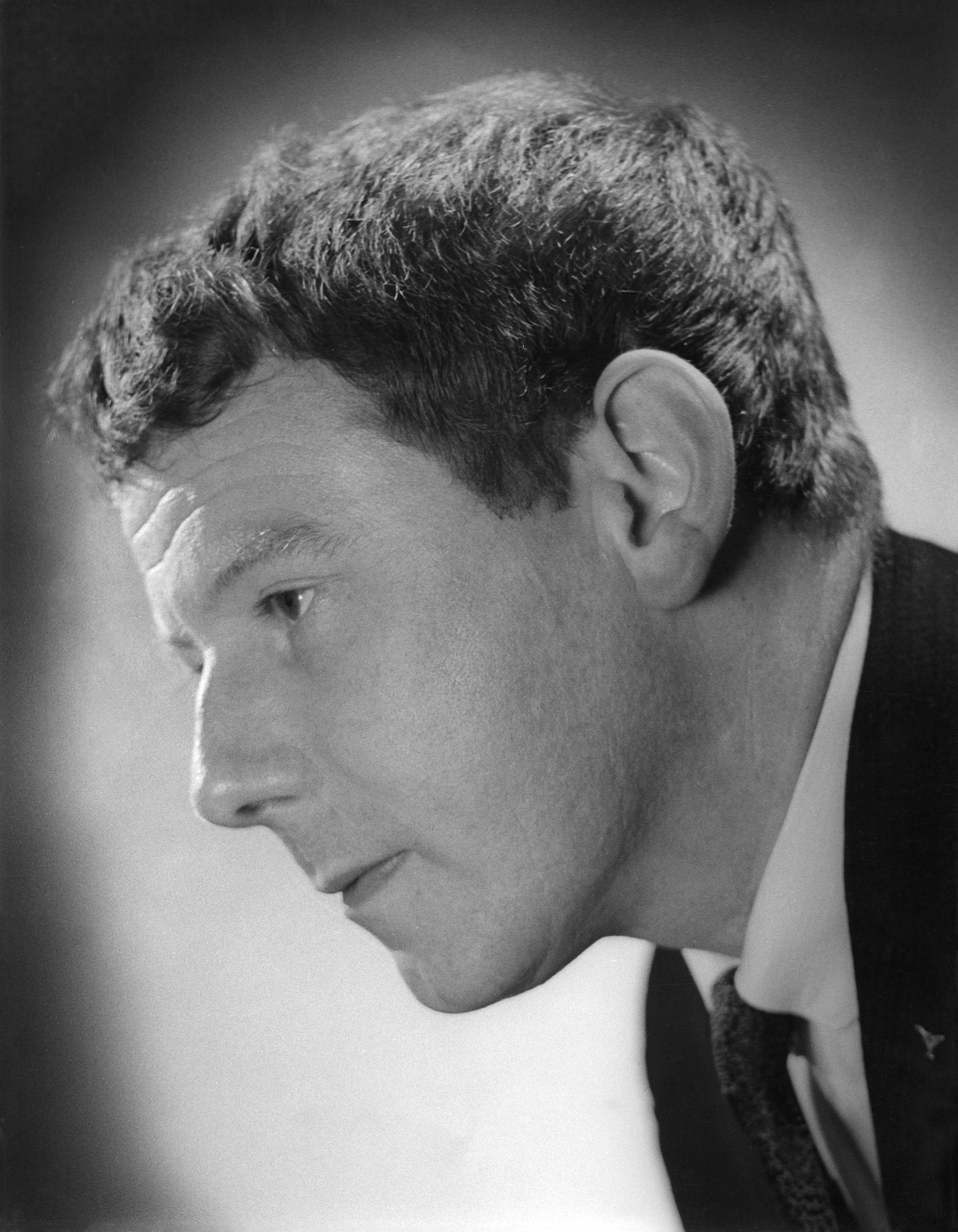
Bob Wooler: The Early Champion of The Beatles
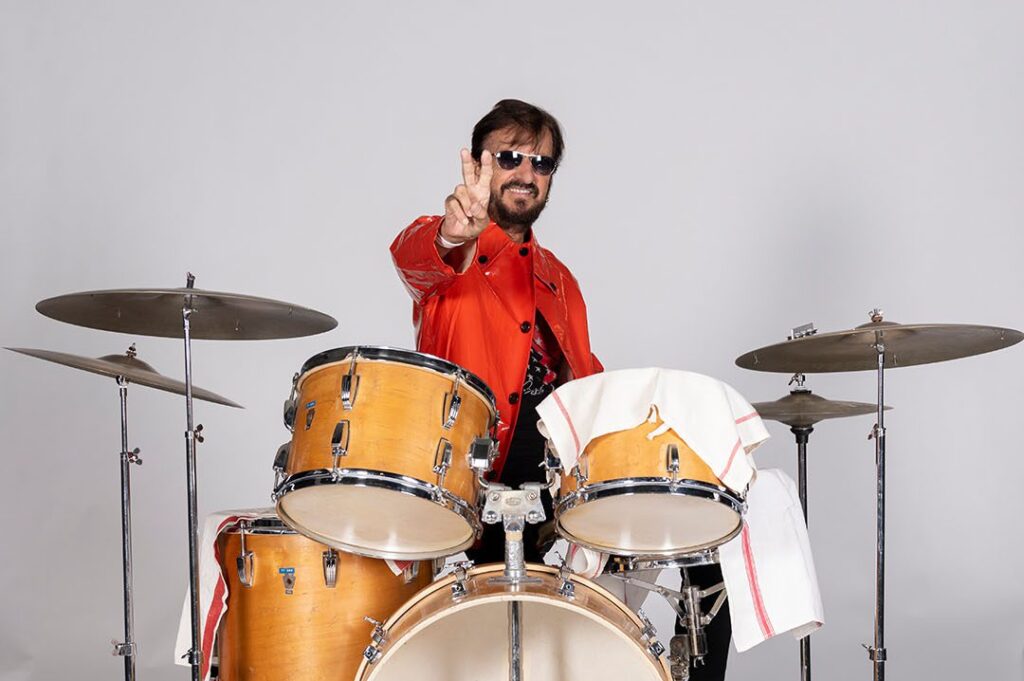
Watch Beats & Threads: A Live Online Talk and Q&A
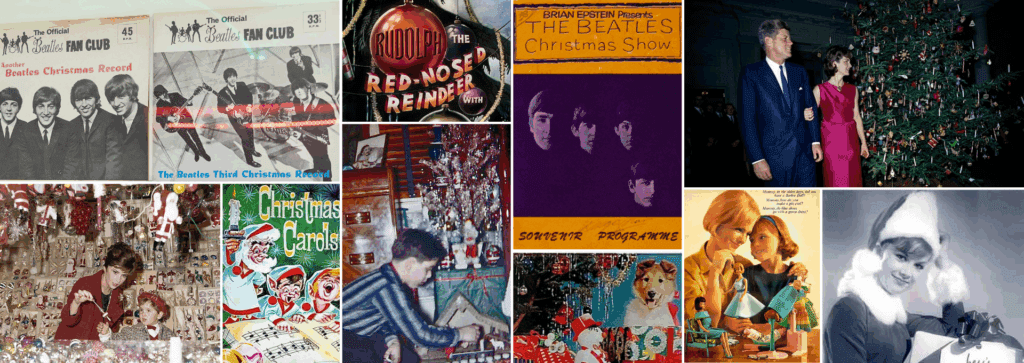
How to Have a 1960s Christmas

The Beatles and Disney
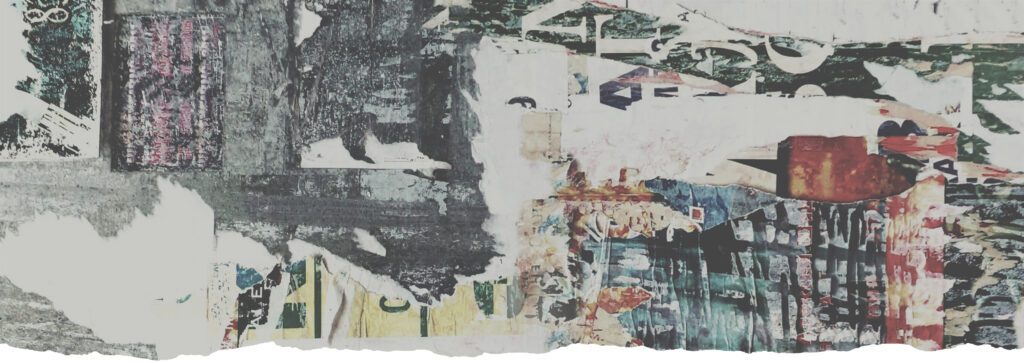
The Anthology Project
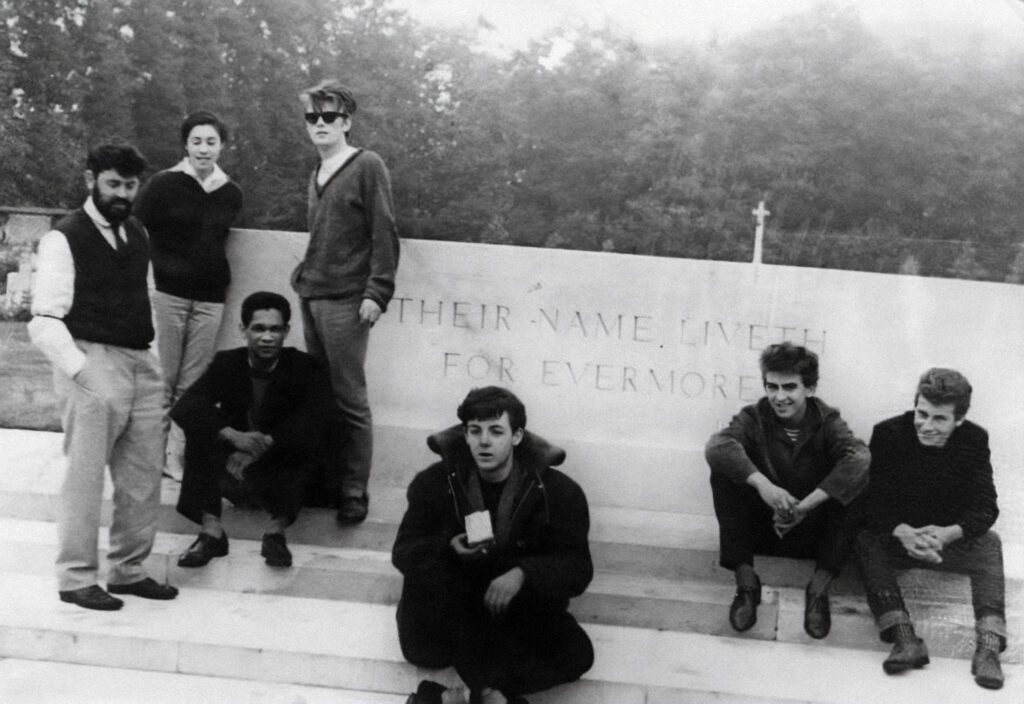
The man who drove The Beatles to Hamburg
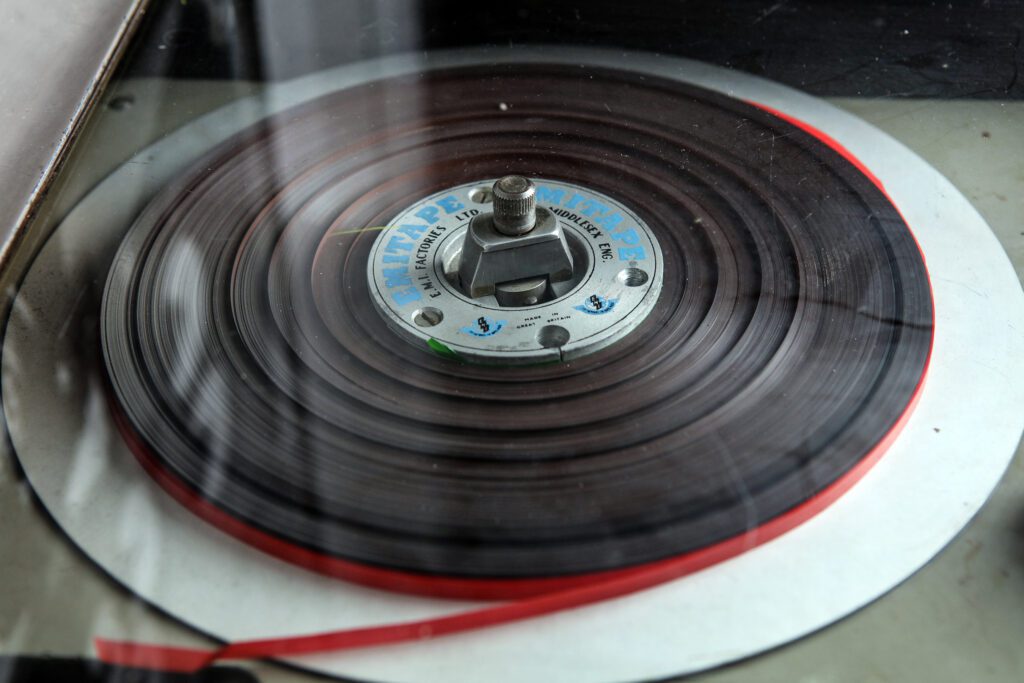
The Beatles and Their Influence on Hip-Hop
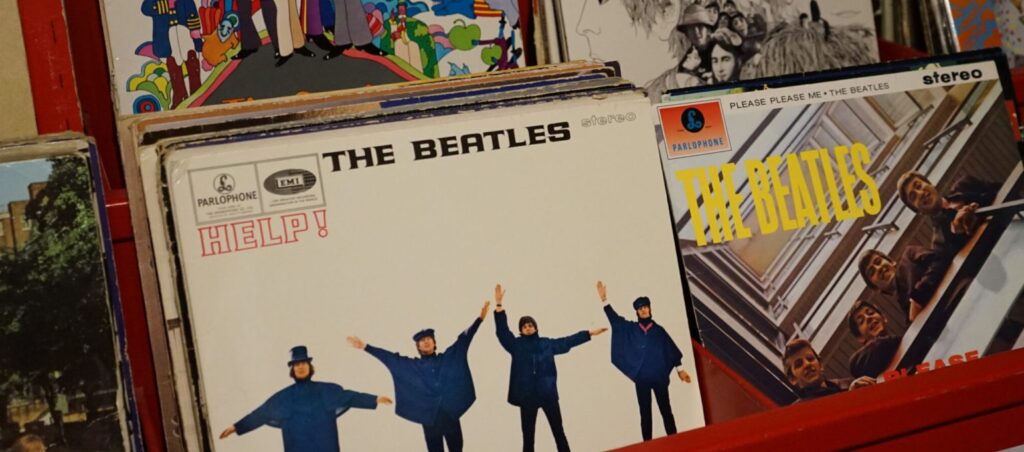
Help! — The Beatles’ Turning Point
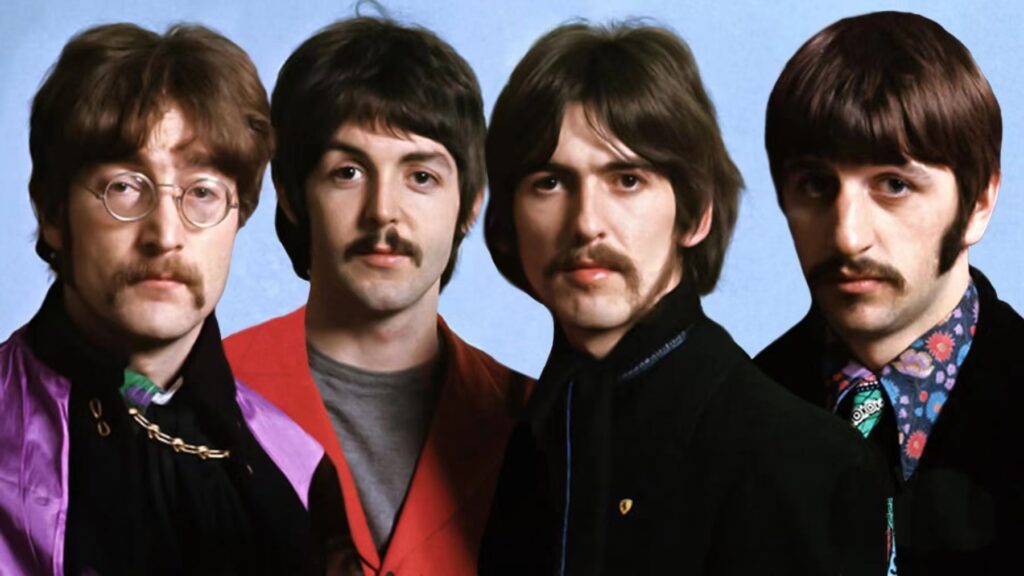
The Lost Beatles Song
